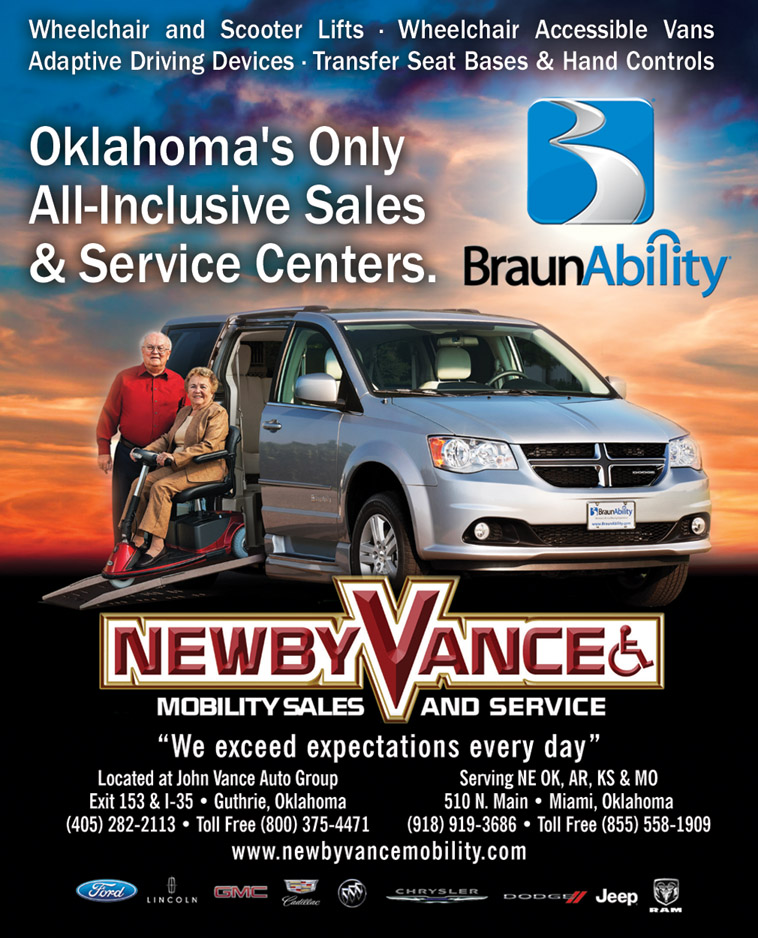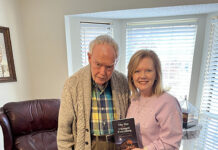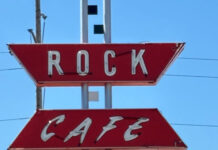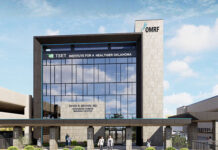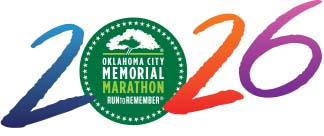High gas prices prevent some patients from accessing lifesaving care
A single mom with no extra money to fill up the tank to get to her cancer treatments. A 60-year-old man already struggling with finances diagnosed with metastatic cancer, his disability check not enough to cover the 40-mile round trip to receive the treatment that gives him relief from physical pain and provides more time with his family. These are the patients Mercy Hospital Oklahoma City is able to help thanks to a patient transportation grant recently awarded by the American Cancer Society (ACS).
“Receiving a cancer diagnosis is a burden for all of our patients, but for some, accessing specialized care is a significant challenge,” said Tracy Higgs, executive director of cancer services for Mercy. “Transportation programs are vital for these patients to get the treatments they need, and we’re grateful for the support of the American Cancer Society.”
ACS has awarded the $6,000 grant to Mercy for several years, allowing Mercy’s cancer navigators to provide more than 600 gas cards to approximately 250 patients.
“With the recent rise of gas prices, multiple patients have told me they simply don’t have the means to make it to and from their scheduled appointments,” said Irving Baccus, a Mercy social worker who works with oncology patients. “Two different single moms battling cancer told me they have to ration out funds every month just to buy food, get their kids to school and pay for daycare. Barely having enough to cover their bare necessities deterred them from starting the treatments needed to save their lives. When I tell them about the gas cards, they are so relieved and are able to make it to their appointments.”
According to ACS, an estimated 23,700 Oklahoma residents will learn they have cancer this year. To help patients get the critical care they need, the American Cancer Society’s Patient Transportation Grants are awarded at a local level to health systems, treatment centers and community organizations in select communities through an application process.
“Disparities predominantly arise from inequities in work, wealth, income, education, housing and overall standard of living, as well as social barriers to high-quality cancer prevention, early detection and treatment services,” said Anthony Wilson, senior program manager for the American Cancer Society. “ACS collaborates with community health partners to reach individuals in areas with higher burdens of cancer with little to no access to transportation because even the best treatment can’t work if a patient can’t get there.”
For more information about the American Cancer Society’s transportation grant, call 1-800-227-2345 or visit cancer.org.





